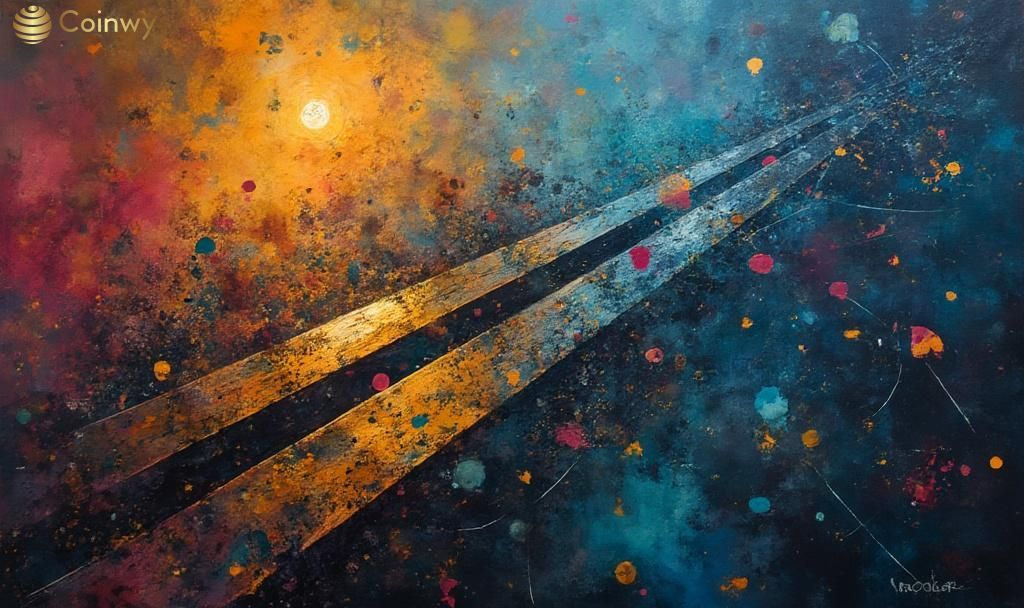- Qubic suggests targeting Zcash with a 51% attack.
- Monero’s hash rate was briefly controlled by Qubic.
- Potential risks for other PoW cryptocurrencies rise.
Qubic, led by Sergey Ivancheglo, sparked controversy by hinting a 51% attack on Zcash following a similar attack on Monero, affecting the cryptocurrency industry significantly.
The potential attack on Zcash raises security concerns across proof-of-work networks, prompting discussions among technologists and market reactions, including Monero’s 9% value drop.
The cryptocurrency world is experiencing ripples following Qubic’s hint at executing a 51% attack on Zcash. Sergey Ivancheglo, known for founding Qubic, had earlier achieved similar control over Monero, sparking industry discussions.
Sergey Ivancheglo, Qubic’s founder, announced the successful 51% attack on Monero. He further suggested Zcash as the next potential target, though no actual attack on Zcash has been carried out so far.
Monero’s market value plunged by 9% post-attack confirmation. The event significantly impacted the crypto community, causing widespread concerns regarding network security and blockchain integrity among privacy-focused currencies.
Financial implications included approximately $255,000 gained by Qubic through the Monero attack. With on-chain data showing 60 orphaned blocks, the risk for other PoW currencies has now increased substantially.
High-profile privacy coin Monero was directly impacted by this organized attack. In light of the ongoing situation, the broader crypto world is watching closely.
Cos, a security researcher, stated, “Now theoretically Qubic can rewrite the blockchain, implement double-spending, and censor any transaction… Other platforms should monitor such threats closely.”
Historical patterns show that regulatory scrutiny typically escalates following such events. Security researchers like Cos have warned of similar future risks, urging stronger defenses and greater decentralization in mining operations.







